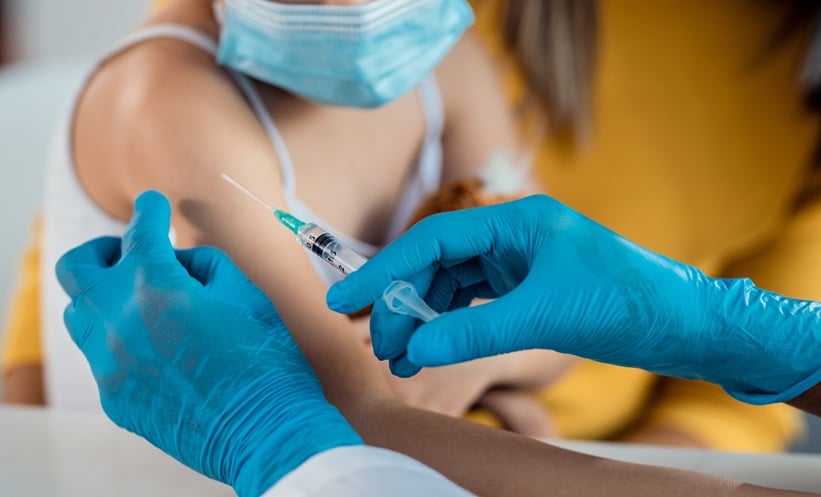A RECENT cohort study analyzing RSV protection in infants born between October 2023 and March 2024 provides critical insights into uptake patterns of maternal vaccination and monoclonal antibody therapy. Researchers examined data from Kaiser Permanente Northern California (KPNC), where both RSVpreF (a maternal vaccine) and nirsevimab (a monoclonal antibody for infants) became available in late 2023. The study highlights significant uptake of these new preventive measures but underscores disparities tied to maternal age and race.
Of the 17,251 infants studied, 77.5% received some form of RSV protection, with distinct patterns based on timing, demographics, and availability. Notably, 33.9% of infants were exposed to only the maternal RSVpreF vaccine, typically administered around 34 weeks’ gestation, while 40.9% received only nirsevimab shortly after birth. Another 2.7% received both interventions, often due to premature delivery or medical fragility.
The study revealed stark differences in RSV protection uptake among racial and age groups. Infants of Black mothers had the lowest overall coverage (70.2%), with uptake of maternal RSVpreF lagging significantly. By contrast, infants of Asian mothers exhibited the highest overall coverage (86.7%). Younger mothers (under 25 years) were also less likely to receive maternal RSVpreF compared to those aged 35 years or older, though their infants more frequently received nirsevimab.
Seasonal timing also influenced protection methods. Most infants born earlier in the RSV season (October to November) received nirsevimab, while those born later (January to March) were more likely exposed to RSVpreF as more mothers reached eligibility for the vaccine.
The study underscores the need to address sociodemographic gaps in RSV protection. Increased education, equitable access, and targeted outreach could improve uptake among historically underserved groups. With nearly 80% of infants receiving some form of RSV protection, the introduction of these dual preventive strategies represents a significant step toward reducing the RSV burden during critical early months of life.
Reference: Jacobson KB et al. Uptake of Maternal RSV Vaccination and Infant Nirsevimab Among Infants Born October 2023 to March 2024. JAMA Netw Open. 2025;8(1):e2453696.








